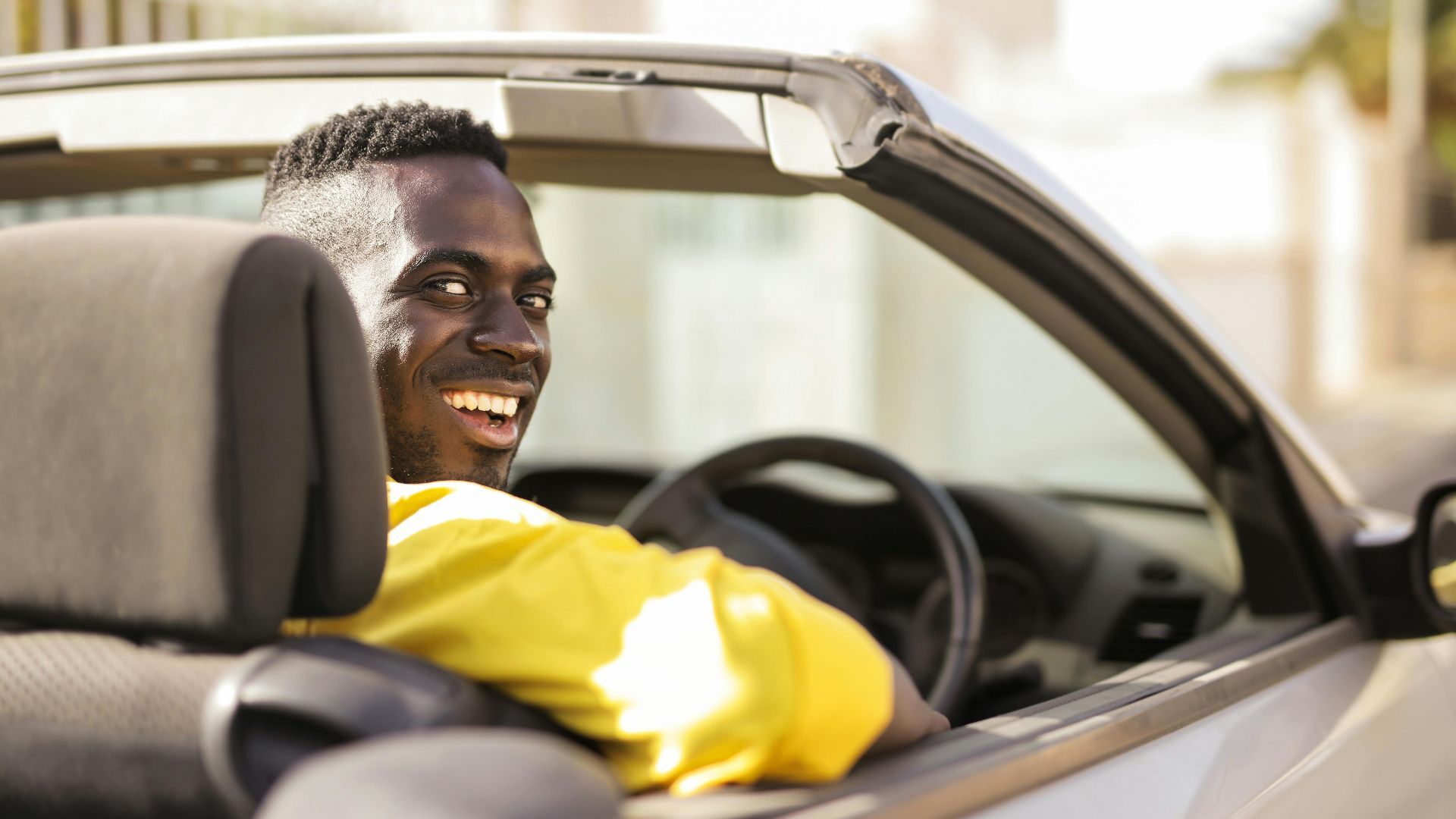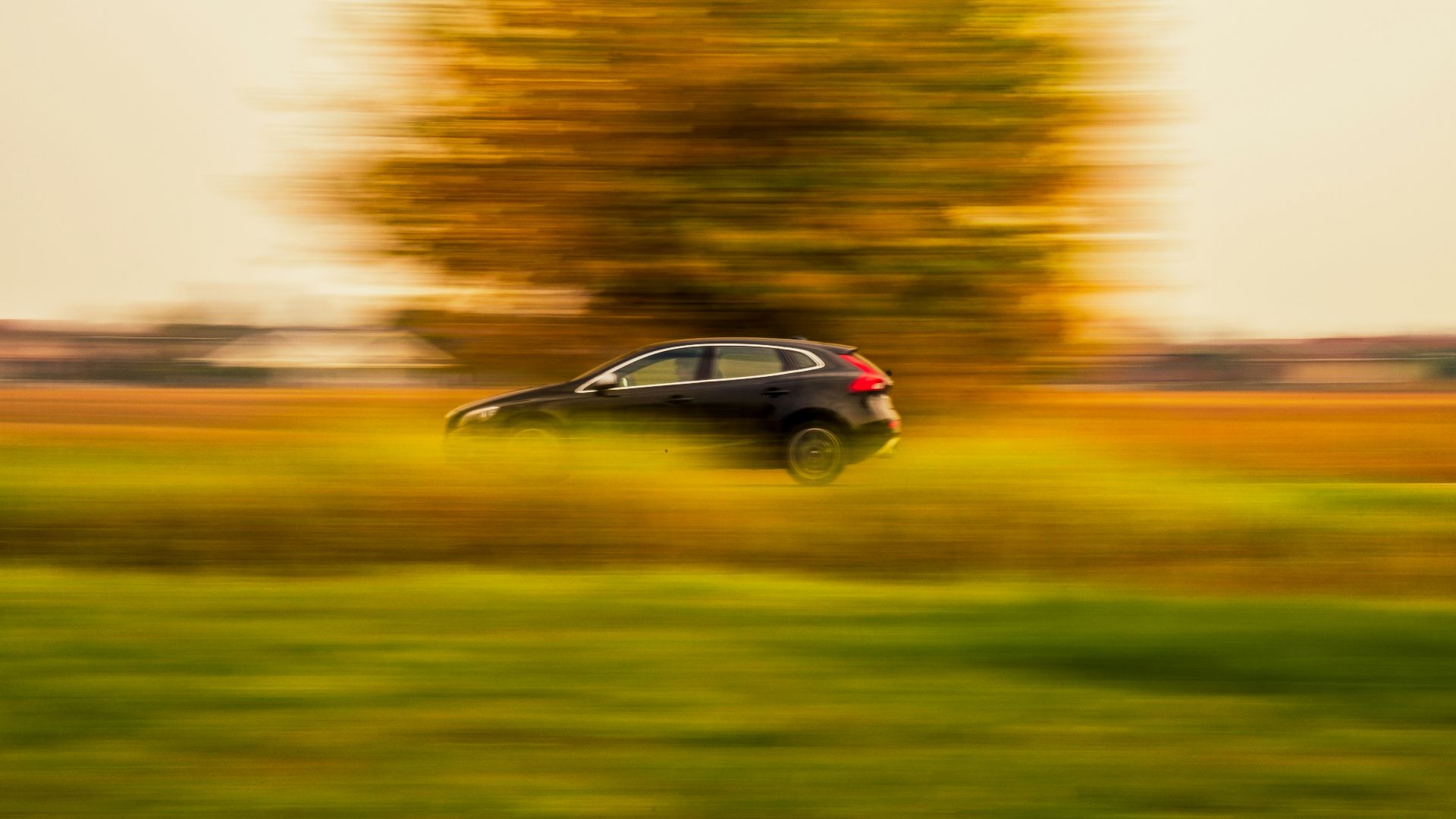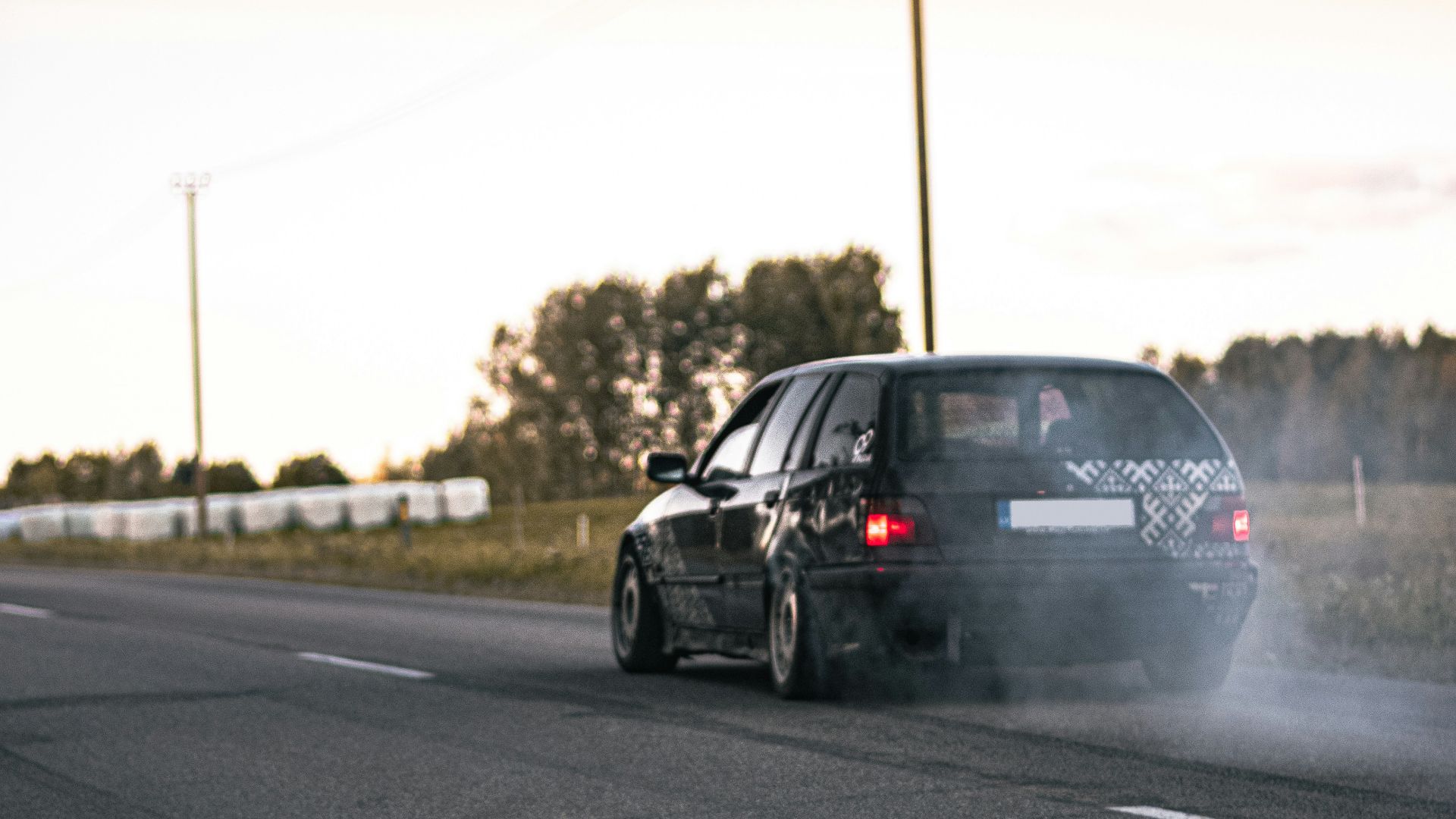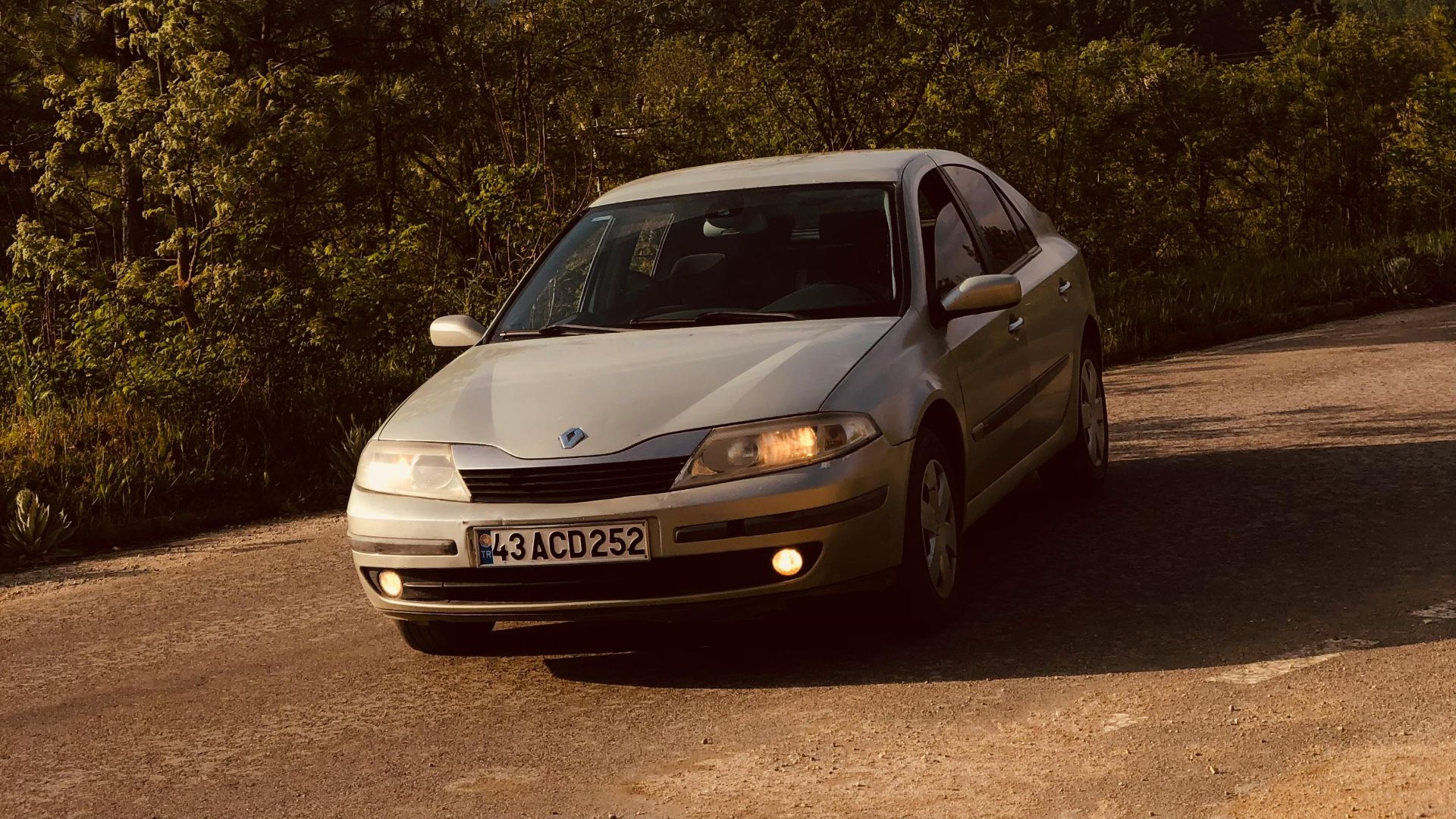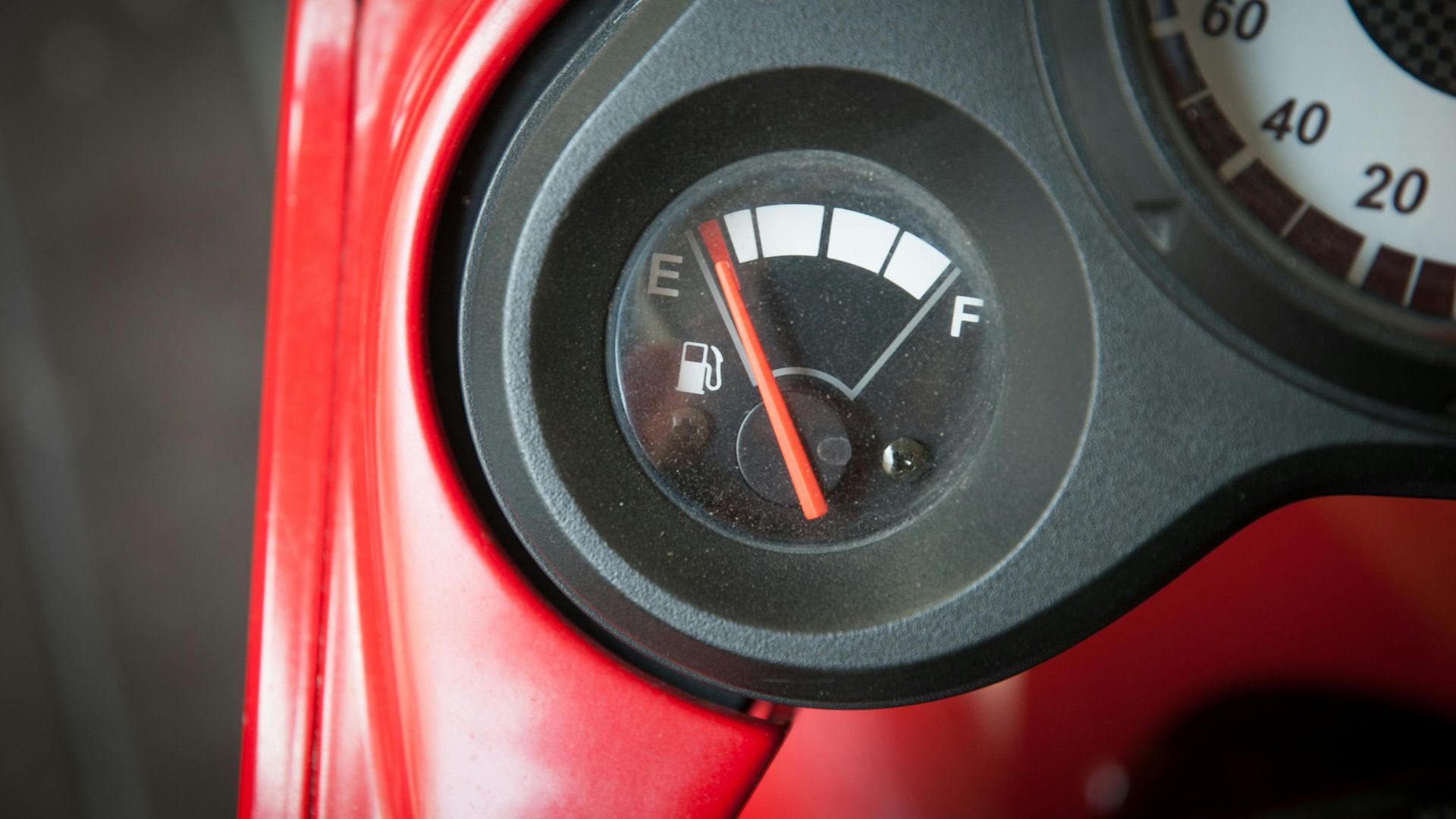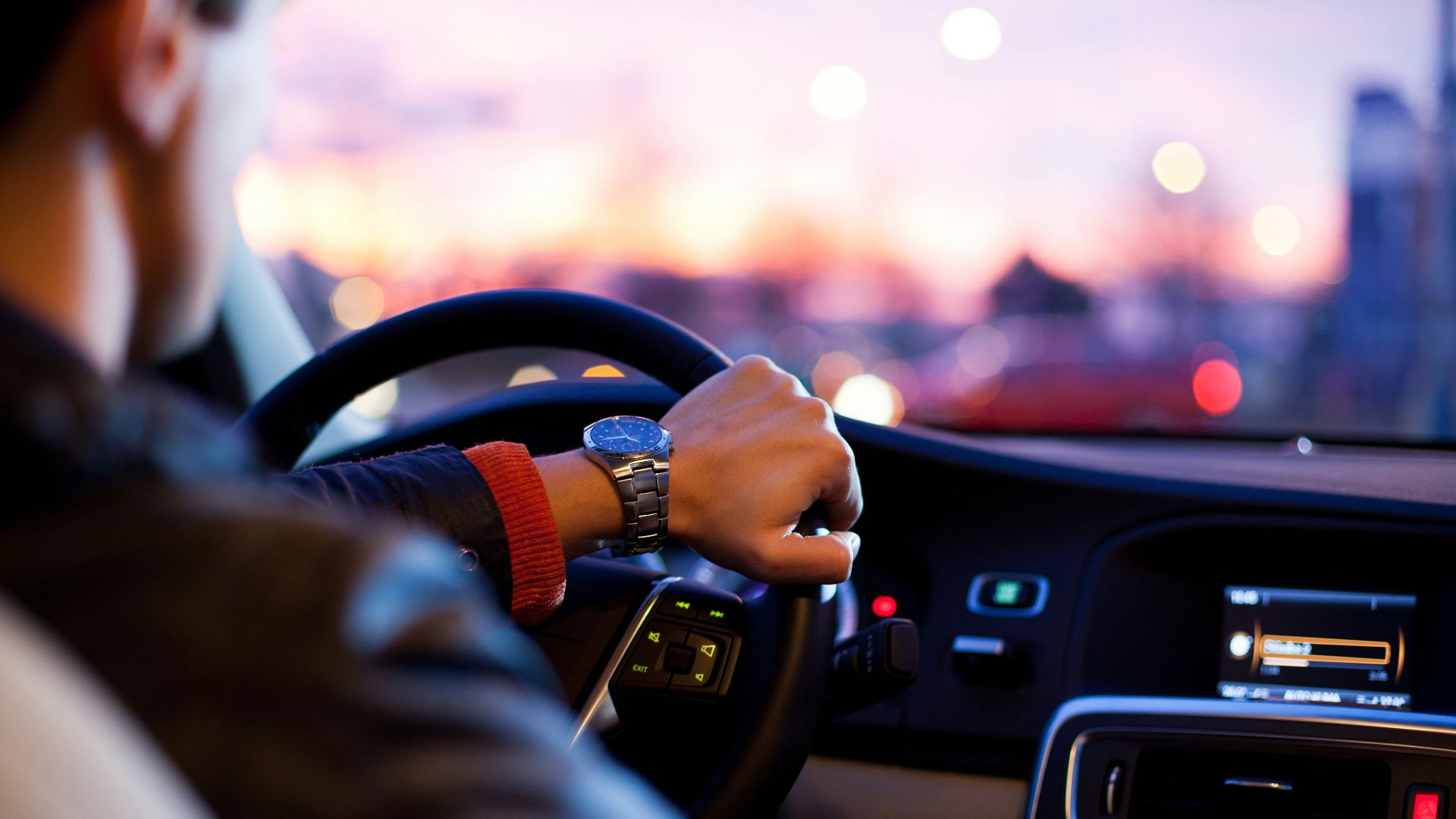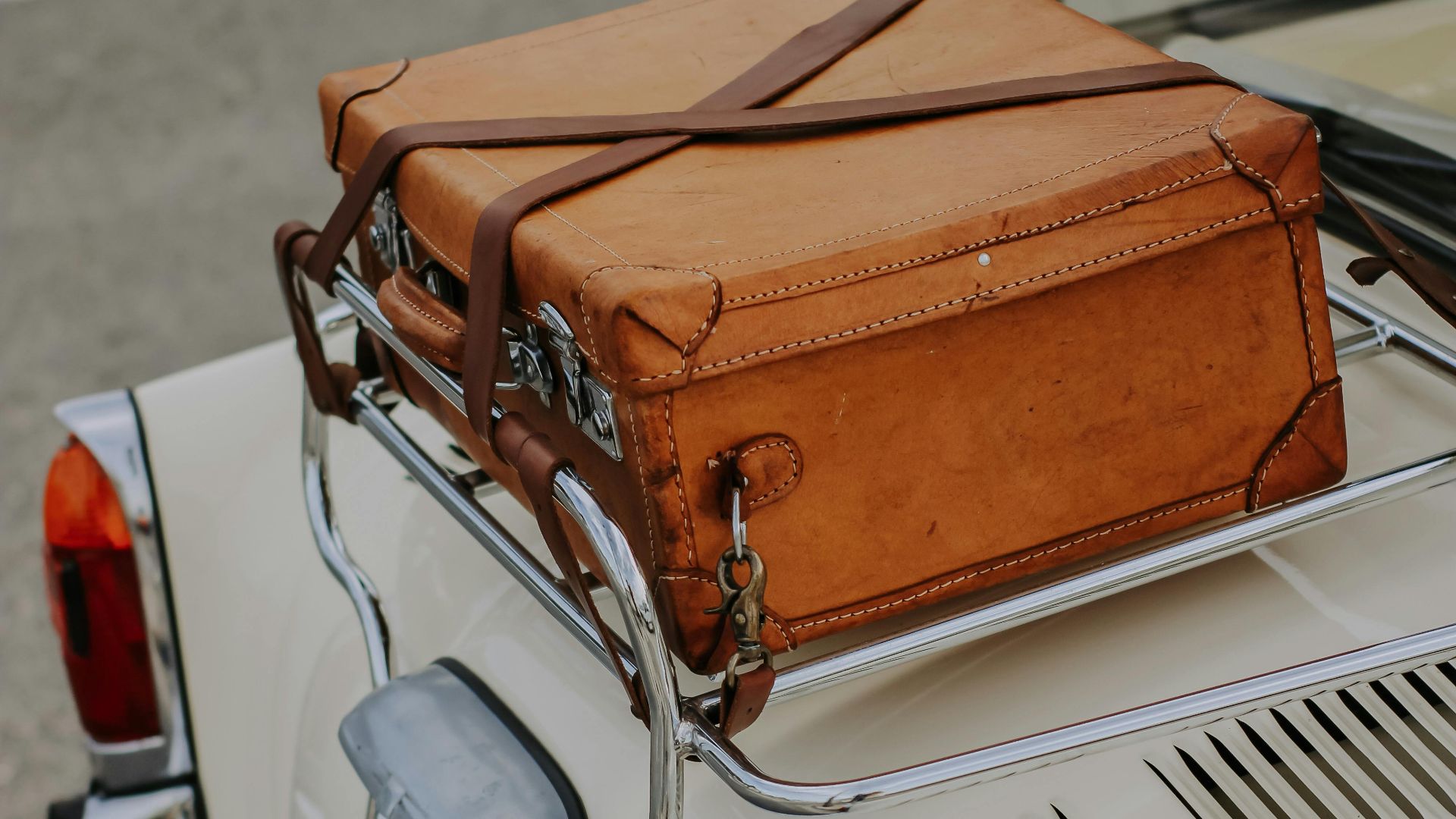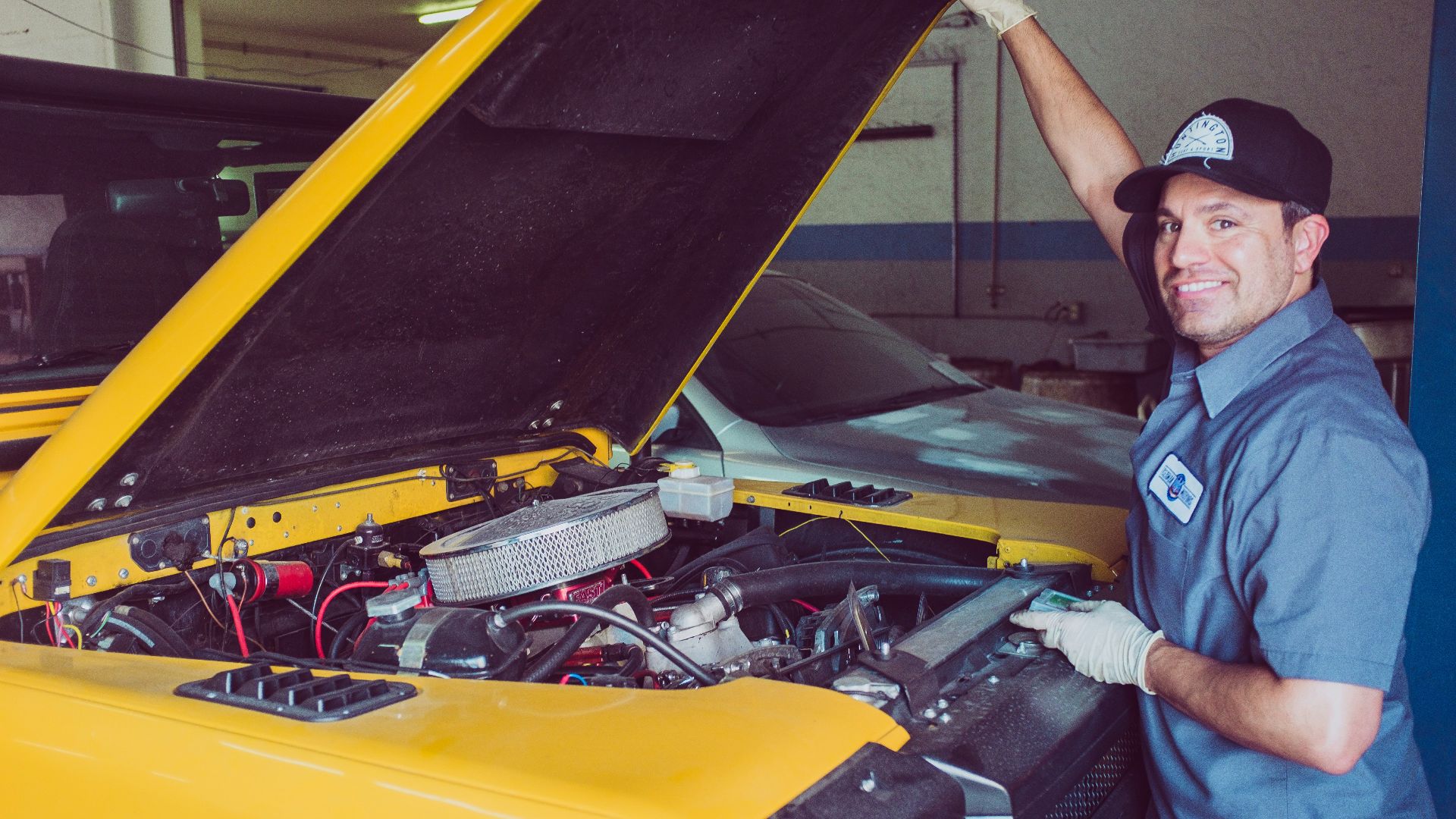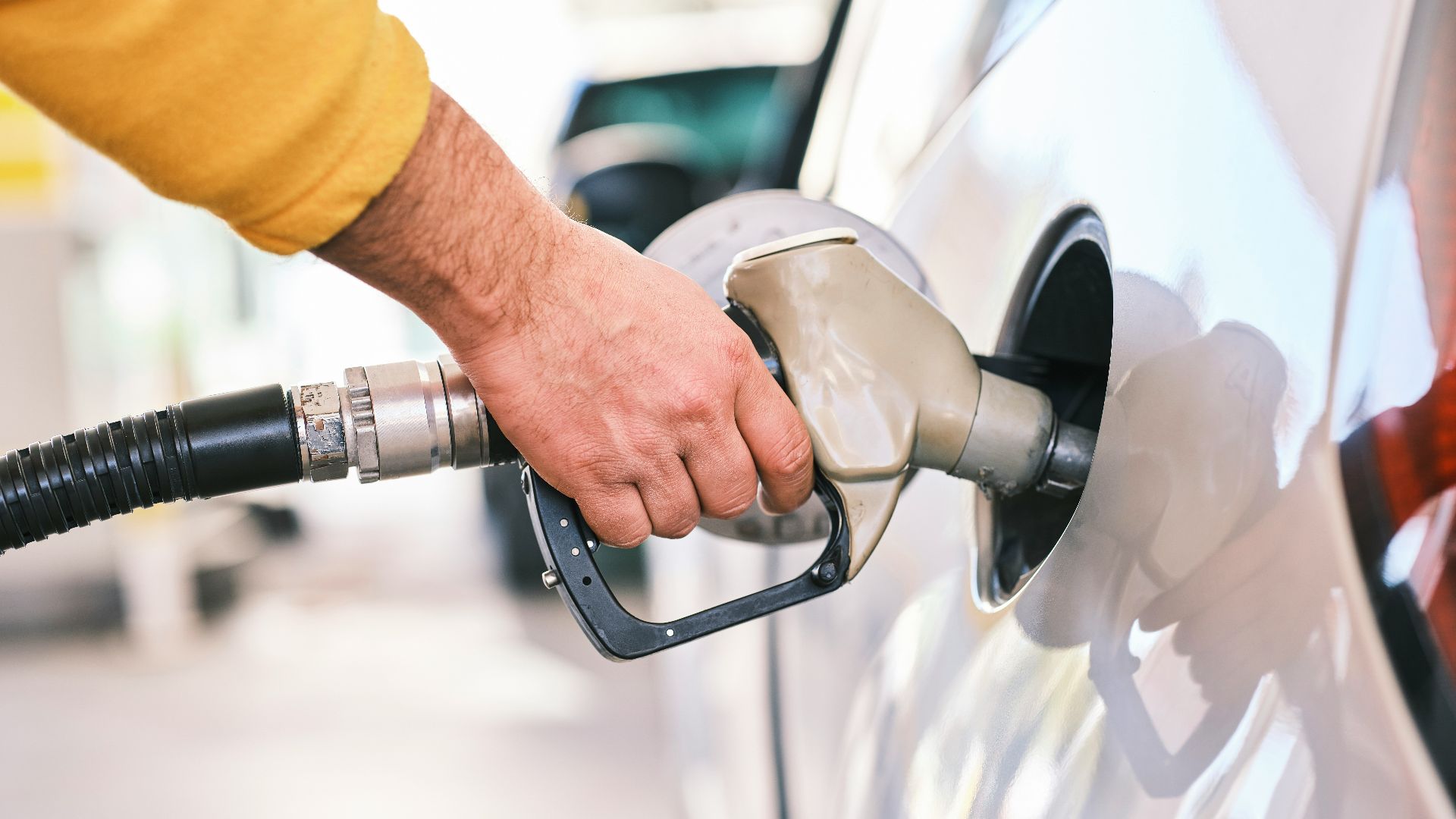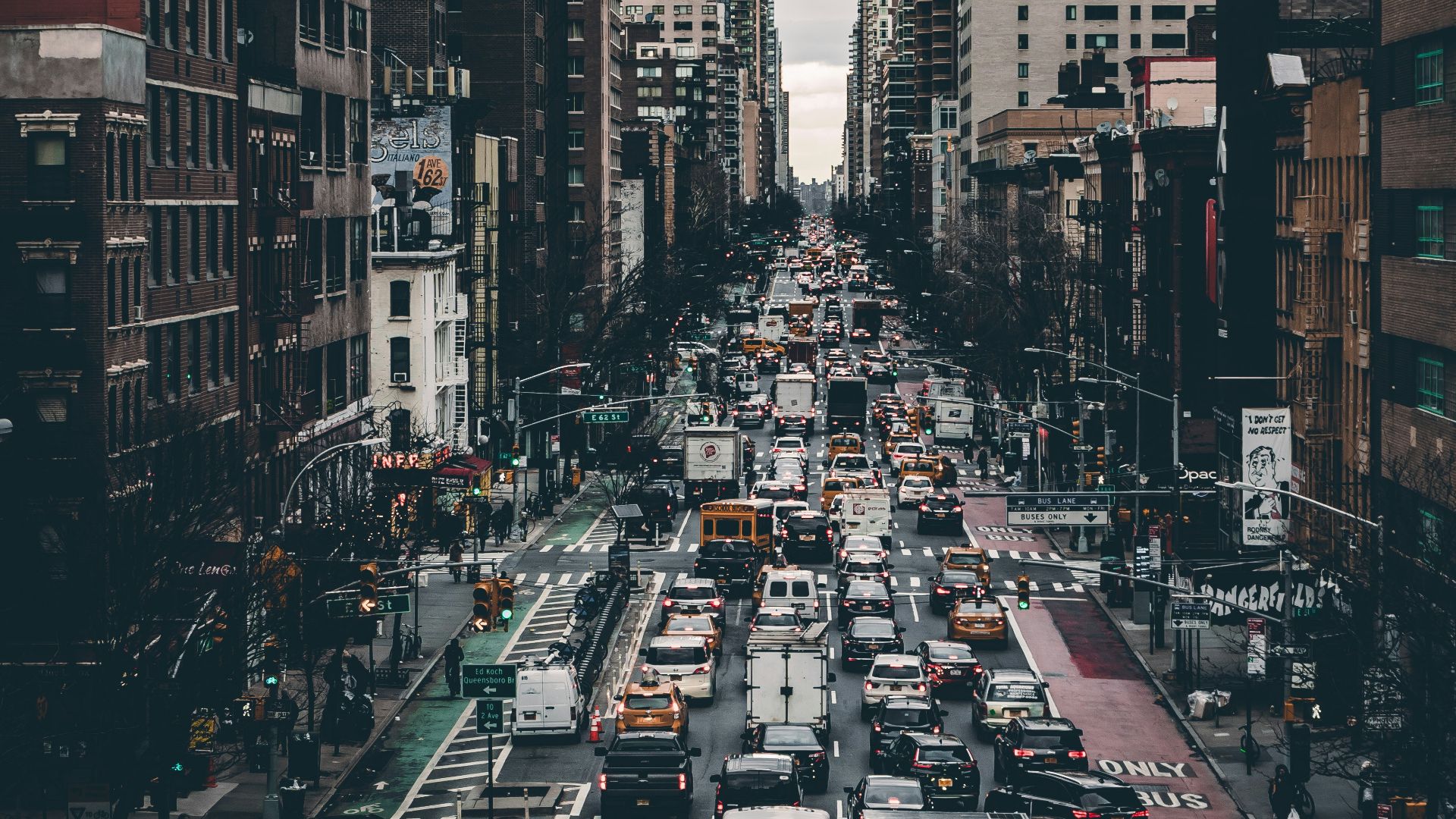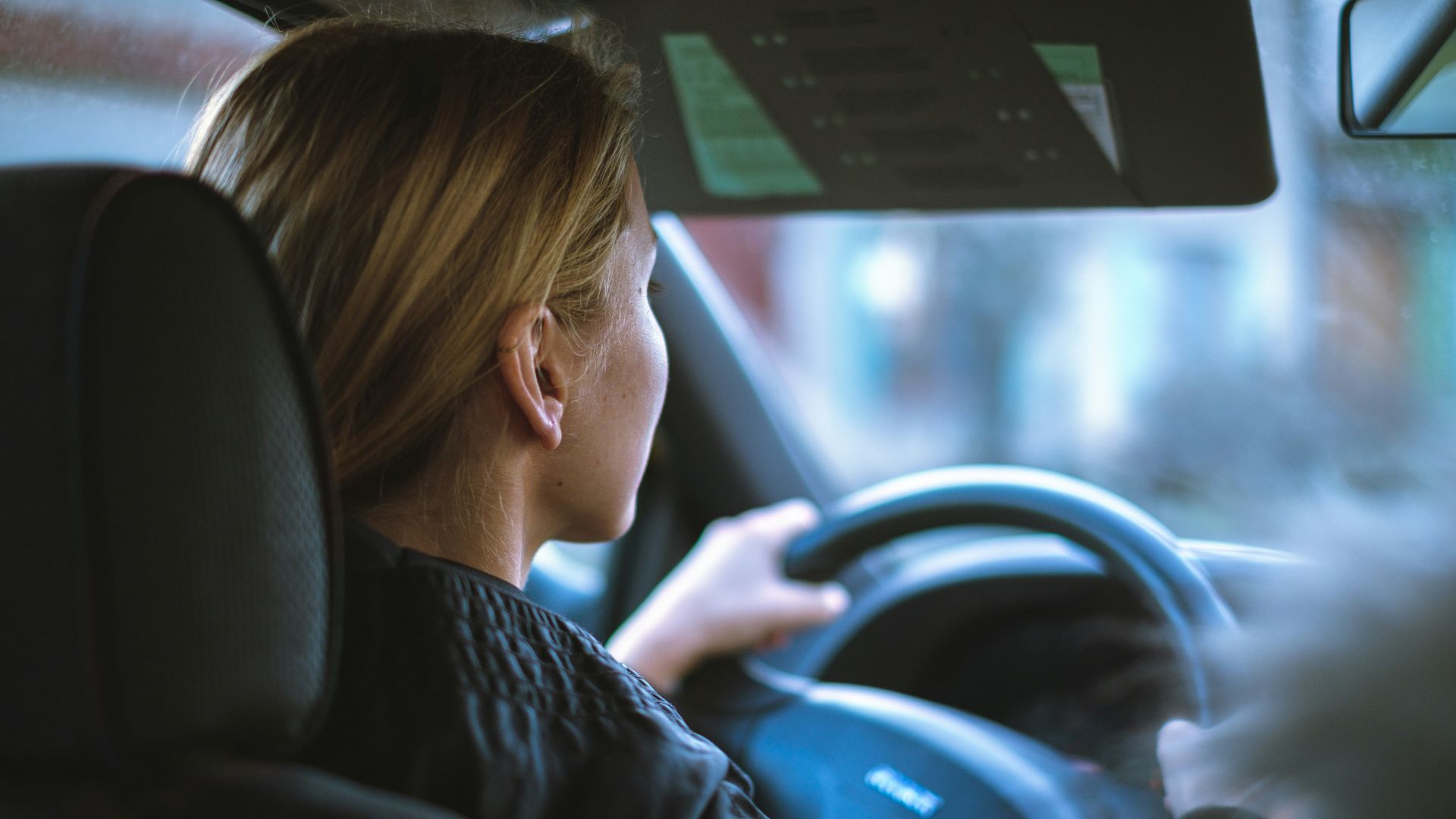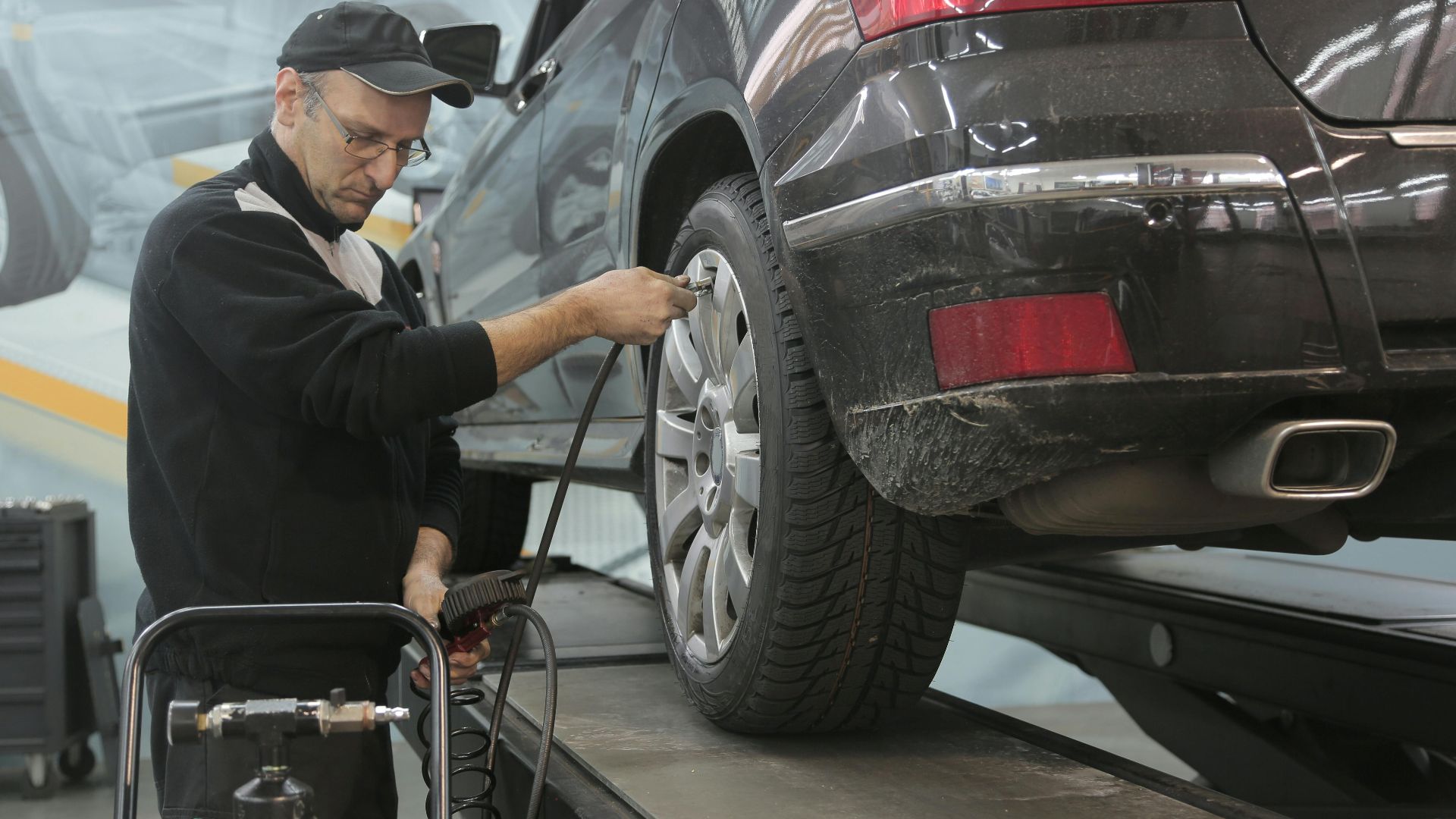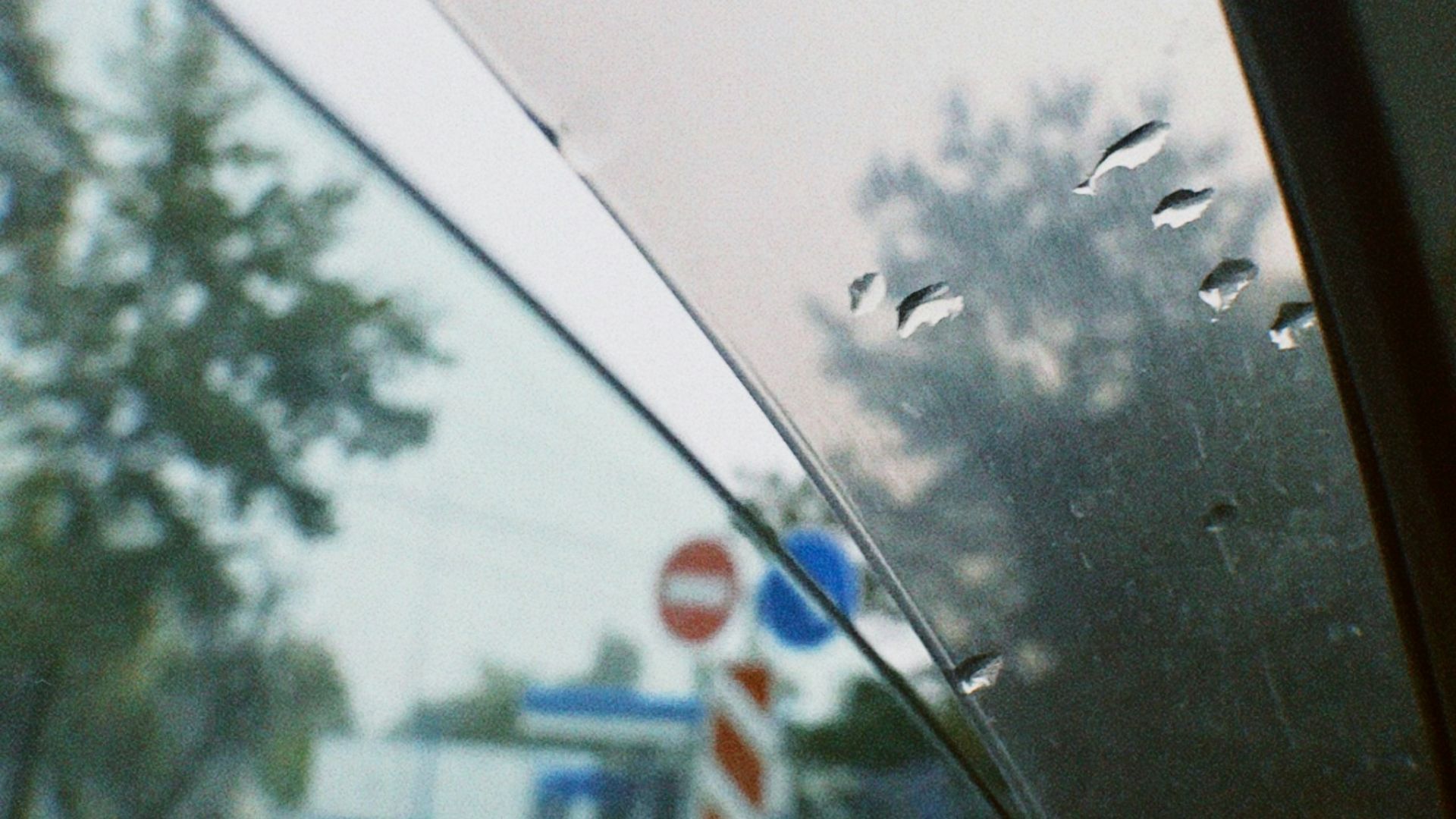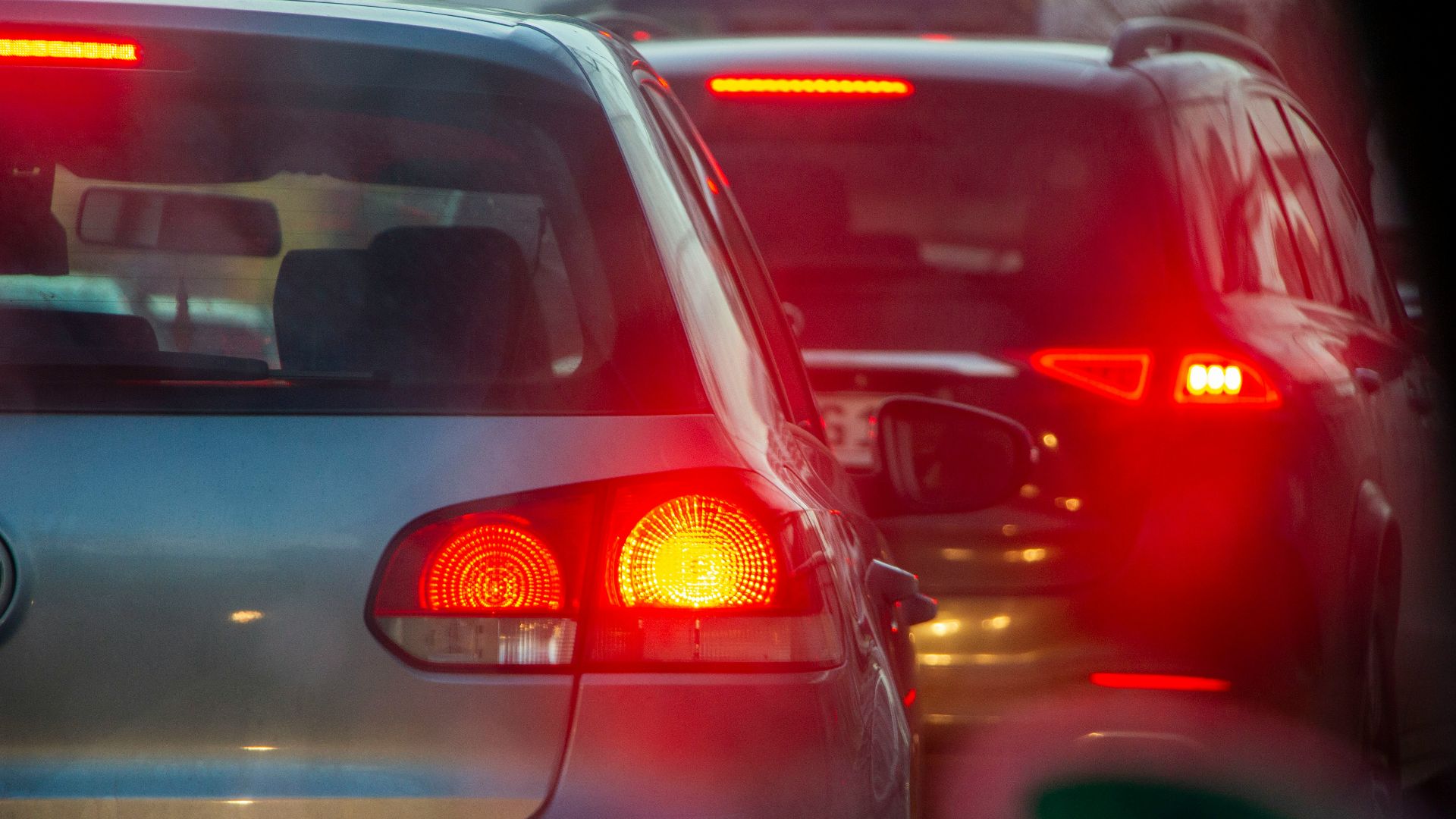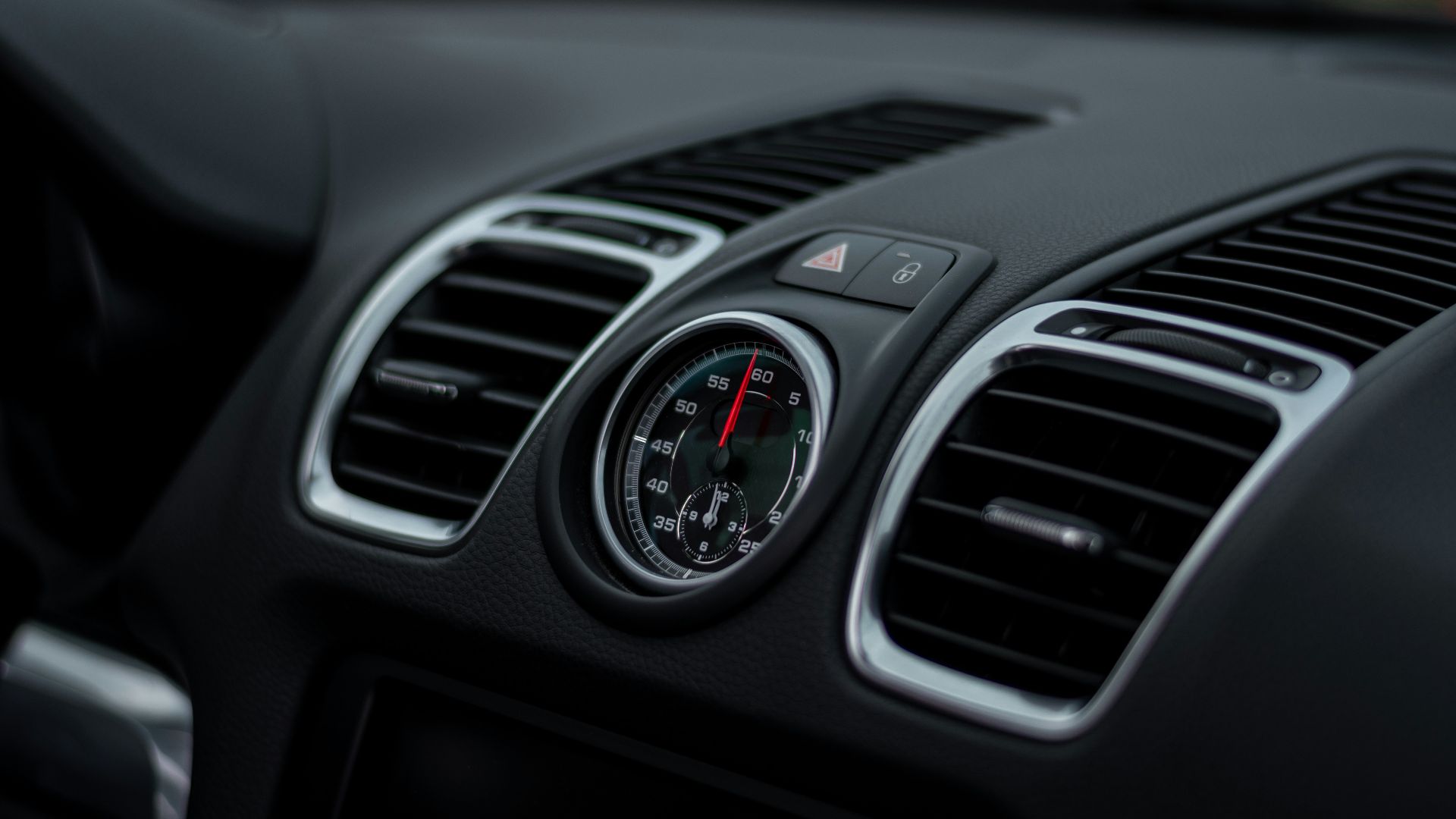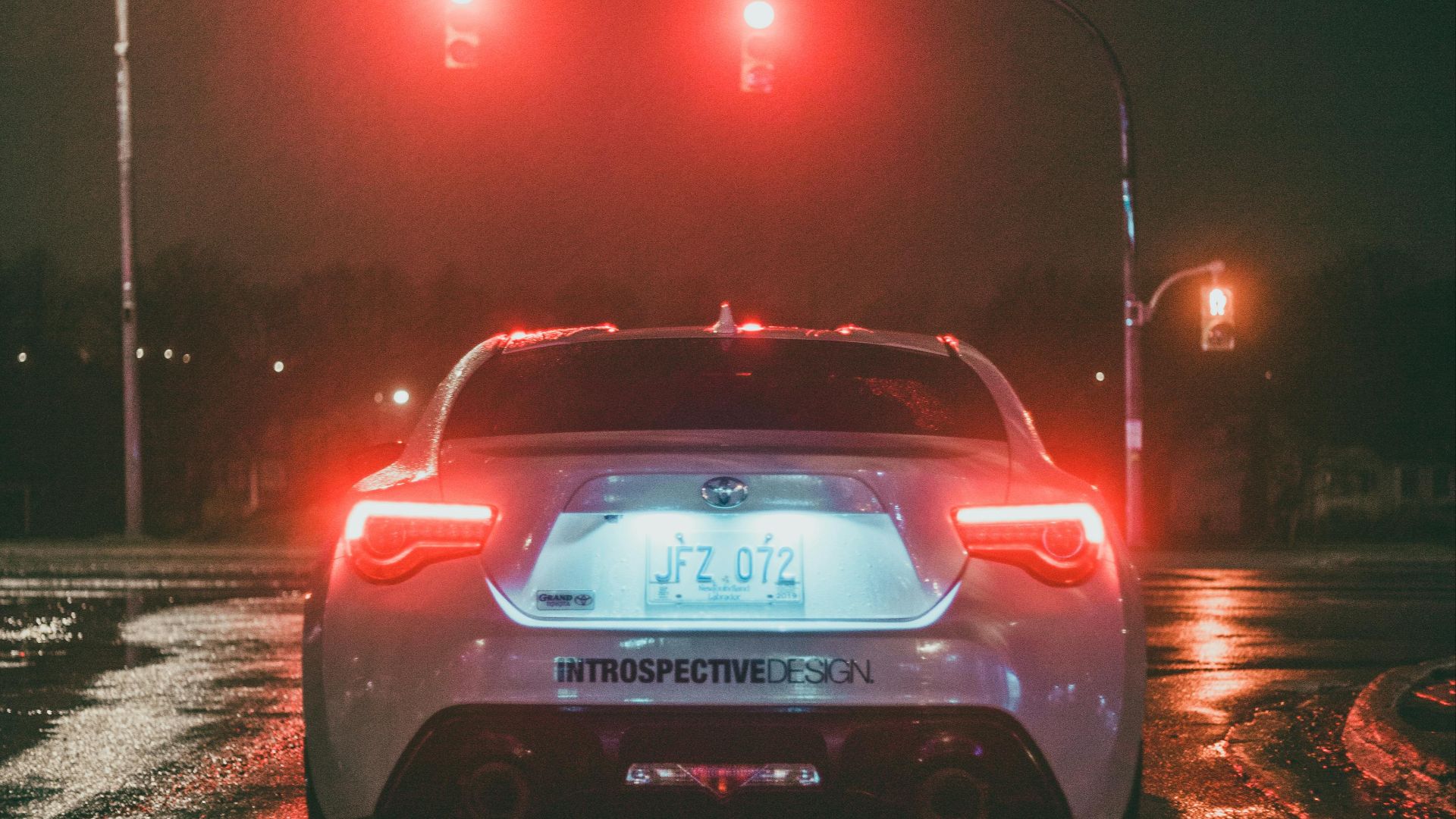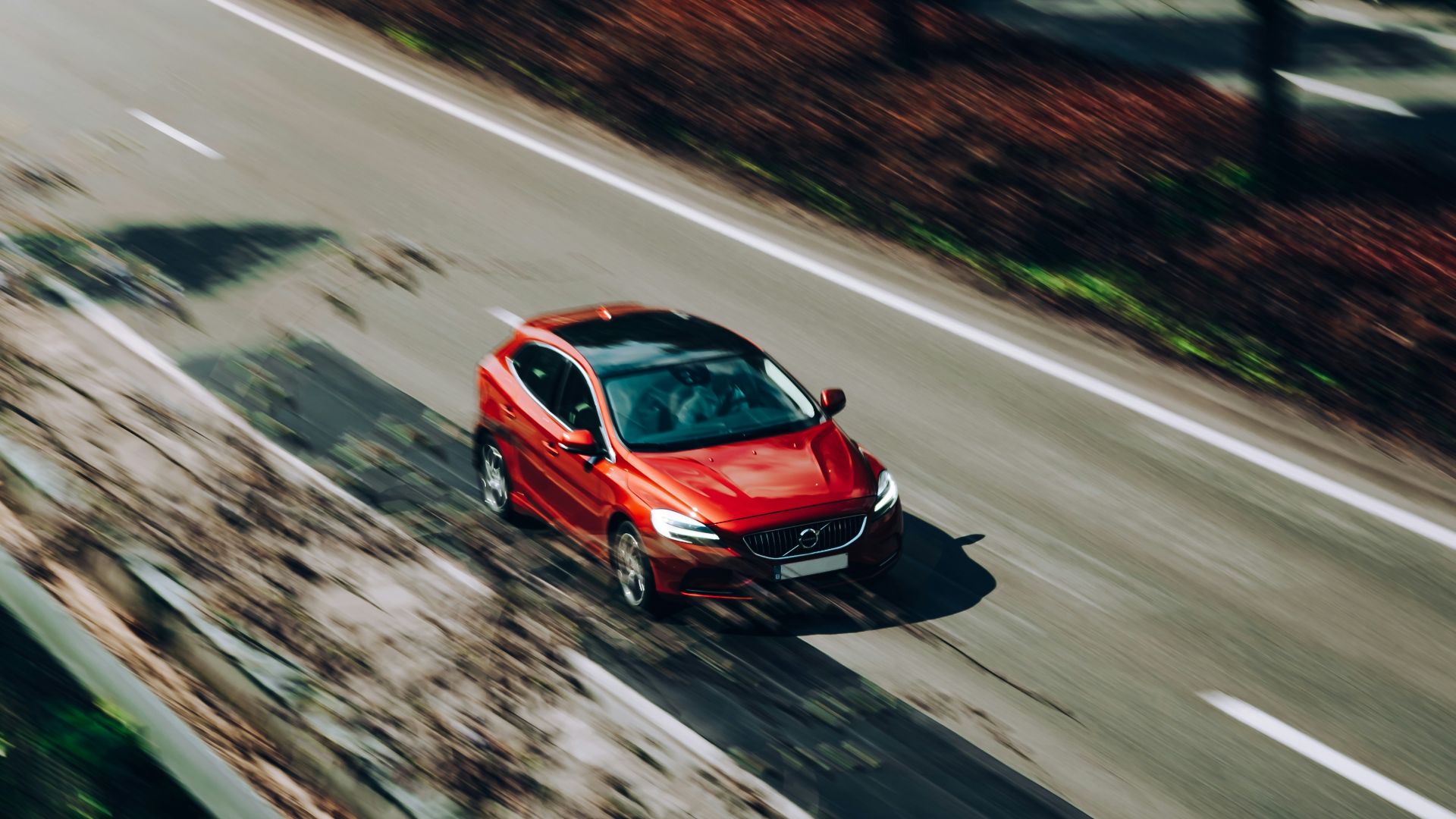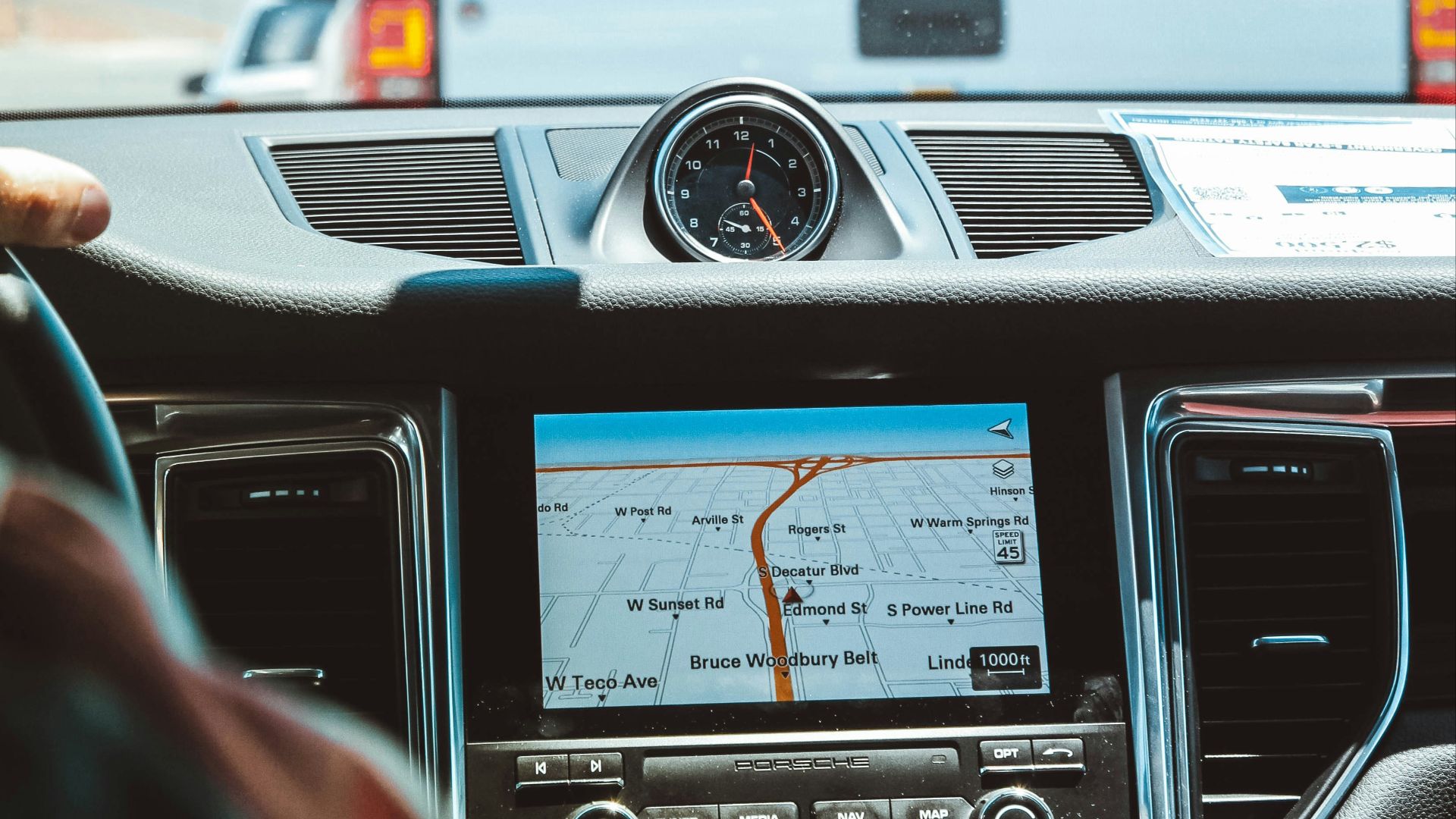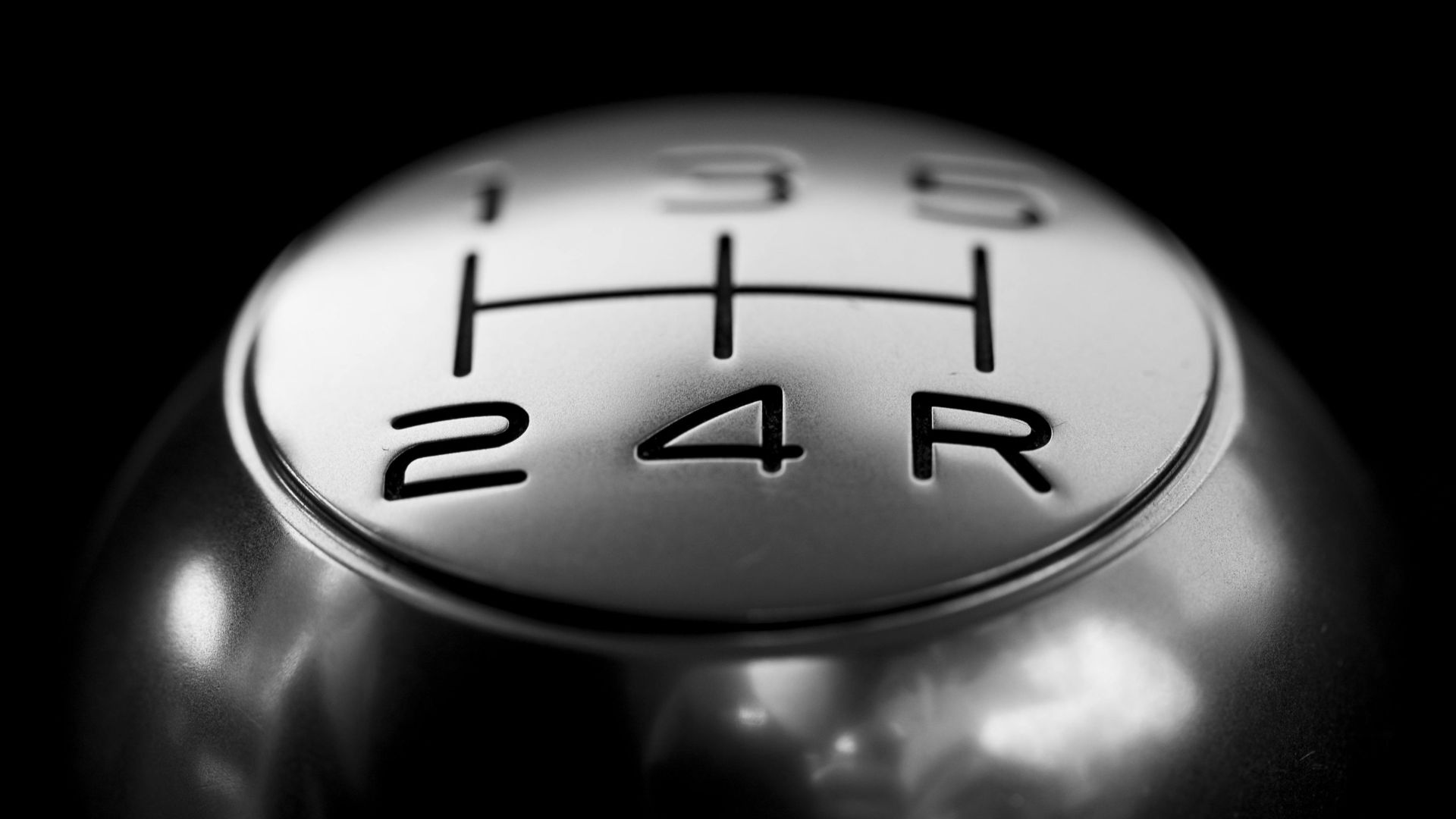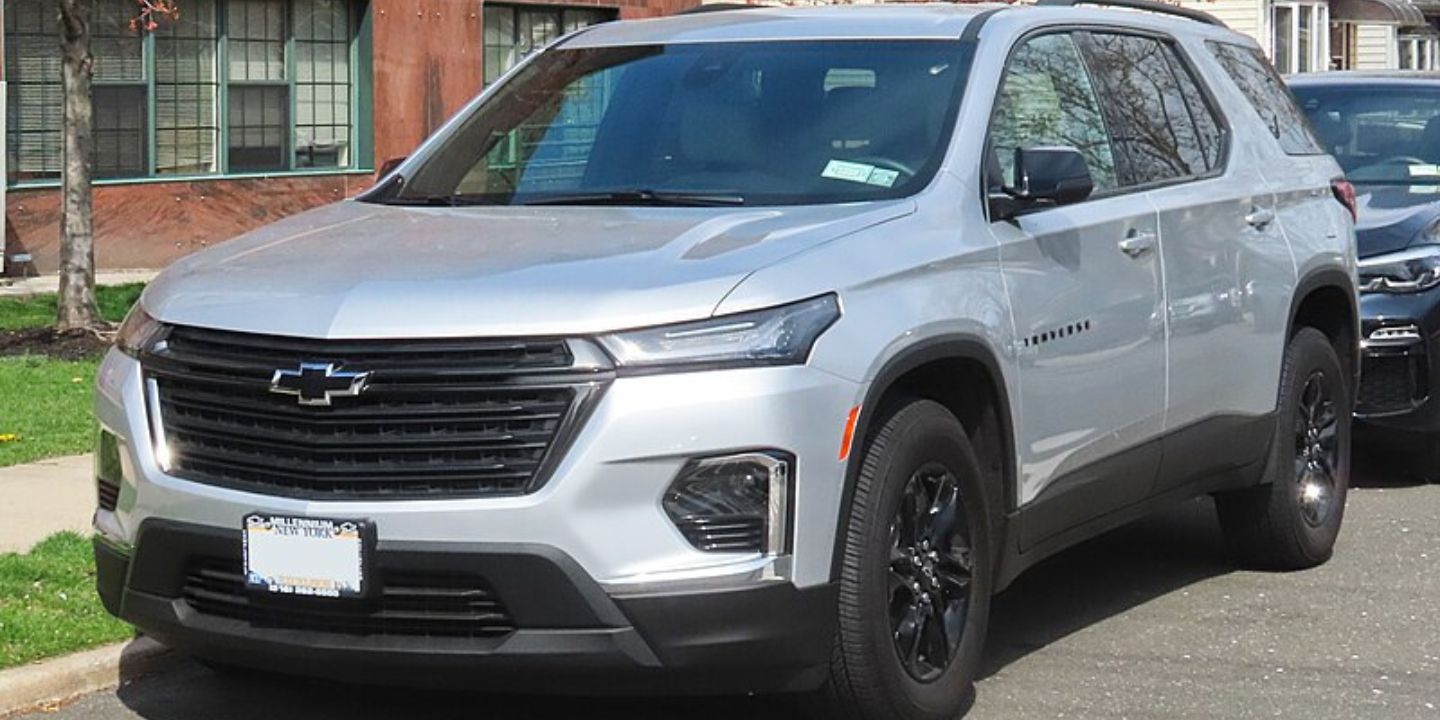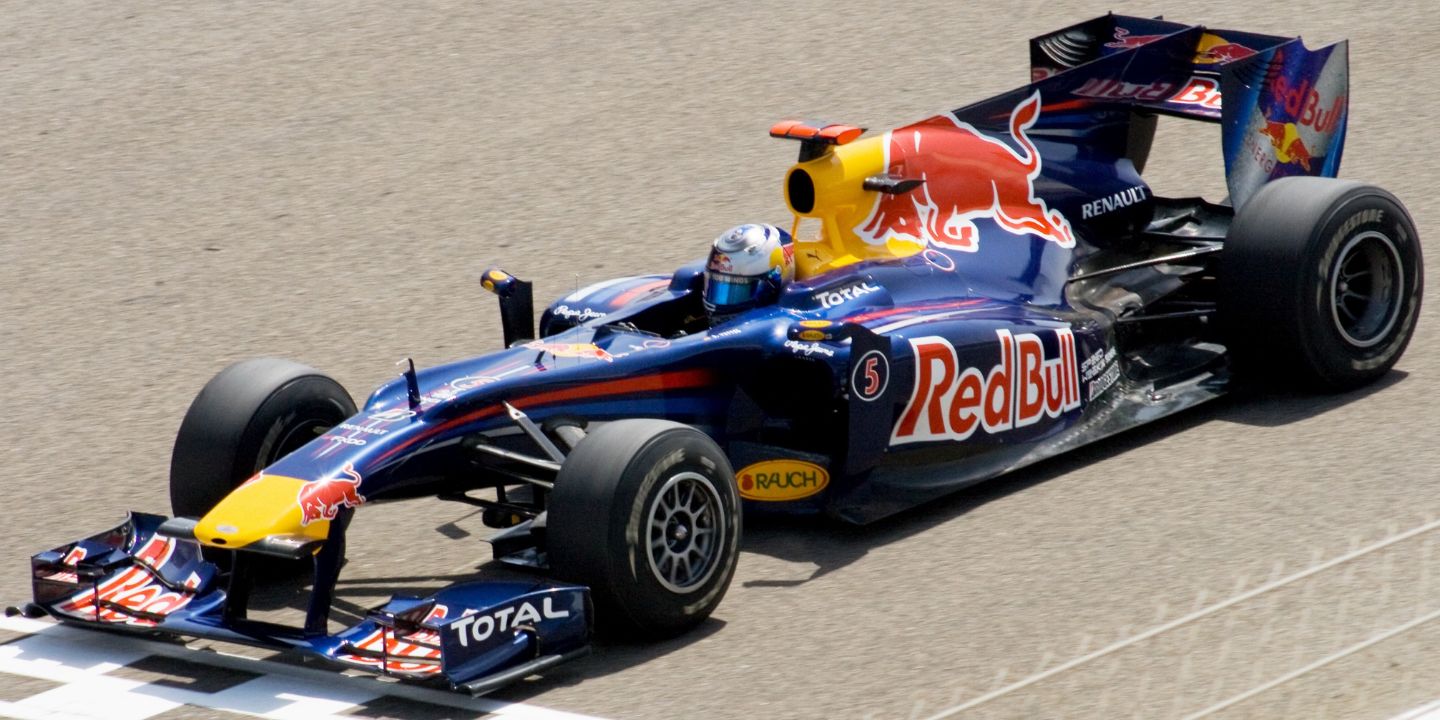10 Driving Habits That Are Costing You Gas Money & 10 Ways To Be A More Fuel-Efficient Driver
10 Driving Habits That Are Costing You Gas Money & 10 Ways To Be A More Fuel-Efficient Driver
Are You An Expensive Driver?
Did you know the way you drive might be burning more fuel than needed? From hard braking to idling in traffic, small habits behind the wheel can be costing you dearly at the pumps, not to mention the strain on the environment. Luckily, there are some simple strategies you can incorporate that can make your tank go further. Here are 10 common gas-wasting driving habits and 10 ways to become a more fuel-efficient driver.
1. Speeding
Because driving faster requires the engine to work harder, it burns more gas. Most vehicles are the most fuel efficient between 30 and 50 miles per hour.
2. Aggressive Driving
Aggressive driving habits, such as sudden acceleration followed by harsh slamming of the brakes, put strain on your engine and waste gas. Driving aggressively can decrease a car's fuel efficiency by 33 percent on highways.
3. Idling
Idling for more than a few seconds uses up more fuel than restarting your engine. Consider turning off your car even if you're just stopped for more than 30 seconds.
4. Low Fuel
Driving with low fuel is more than just risky for the fact that you might run out and get stranded. It also puts unnecessary strain on the fuel pump, using more gas, and can lead to contaminants on the bottom of the tank being drawn into the fuel system.
5. Driving With The Windows Open
Driving with your car windows open is nice on a summer's day, but it's not great for your fuel consumption. It creates unnecessary drag, which forces your engine to work harder.
6. Taking Excessive Short Trips
Taking multiple short trips instead of consolidating journeys uses more gas because the engine consumes more fuel when it's cold. It can also cause carbon and contaminants to build up in the engine instead of being burned off.
7. Carrying Excess Weight
Many of us lug around things we don't really need in our cars, but that just adds unnecessary strain on the engine and uses more gas. Evaluate the items that are in your car and slim down.
8. Neglecting Maintenance
Neglecting regular maintenance will only cost you gas money in the long run. Doing things like leaving your tires under-inflated and air filters dirty only makes your engine work harder and use more fuel.
9. Buying Premium Gas
Unless your vehicle's owner's manual necessitates it, don't waste money on premium gasoline. Even then, using regular gasoline in a car that recommends premium will only slightly reduce its performance.
10. Driving During Rush Hour
Driving in stop-and-go traffic forces you to idle and accelerate, and brake frequently, sucking gasoline. Driving during rush hour can lower your car's fuel economy by up to 40 percent.
Now that we've covered the most common ways you're burning gas money, let's talk about strategies for driving more fuel efficiently.
1. Drive Smoothly
Driving smoothly with gentle acceleration and braking can significantly increase fuel economy. This is because less energy is lost to friction and heat.
2. Use Cruise Control
Using cruise control helps you maintain a consistent speed when highway driving, allowing you to burn less fuel through acceleration. Cruise control even helps you avoid speed fluctuations on hills and uses momentum to your advantage.
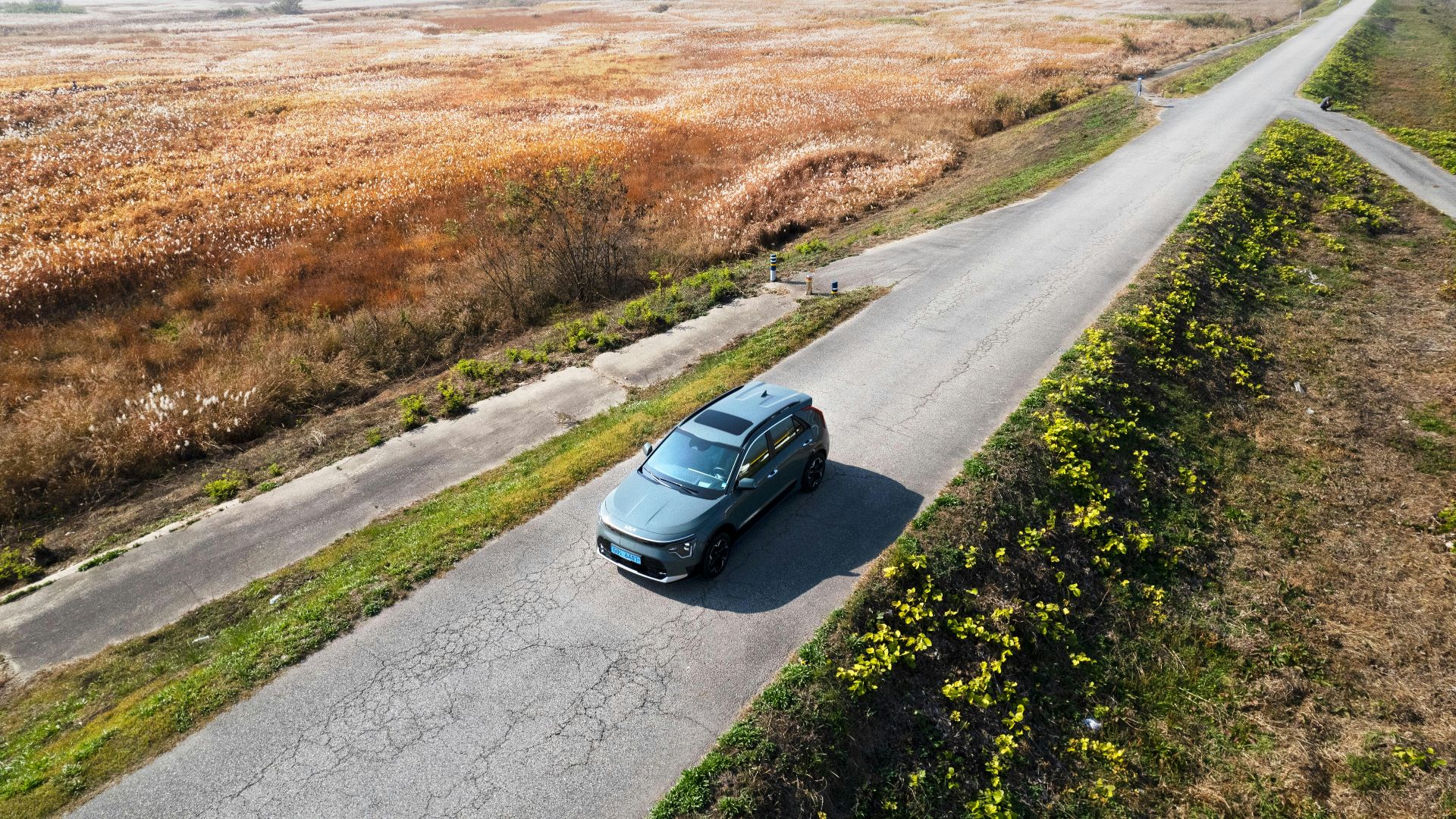 Hyundai Motor Group on Unsplash
Hyundai Motor Group on Unsplash
3. Maintain Proper Tire Pressure
Not only is maintaining proper tire pressure crucial for safety and tire longevity, but it also reduces the amount of fuel you use. When your tires are underinflated, it's more work for your car to accelerate due to increased friction.
4. Minimize Drag
When your car has more drag, it's less aerodynamic and has to work harder to accelerate, using more fuel. Minimize drag by removing external accessories that you're not using and rolling up windows.
5. Anticipate Traffic
When you drive, get in the habit of anticipating traffic to use momentum to your advantage and avoid hard braking and acceleration. Additionally, avoid driving during peak hours when possible.
6. Use Air Conditioning Sparingly
Using AC can reduce your car's fuel economy by up to 25 percent. Smaller vehicles and older cars tend to use even more fuel to power the AC unit.
7. Coast To Slow Down
Instead of wasting energy slamming on the brakes, get in the habit of coasting to slow down before stopping. This uses momentum to your advantage, reduces the need to use the brakes, and in many cases, even shuts off the fuel supply to the engine entirely.
8. Drive Slower
To optimize fuel economy, it's best to drive at a moderate, consistent speed. This reduces air resistance and allows your engine to work less hard.
9. Plan Your Routes
Instead of doing many short trips throughout the day, think about how you can consolidate errands. Driving for longer periods avoids you driving with a cold engine, which takes up more fuel.
10. Shift Gears Wisely
If you drive a manual vehicle, the way you shift gears impacts your fuel efficiency. Shift up early and stay in the highest gear possible for your speed because higher gears are more fuel efficient.


